Last month, we attended the latest edition of the increasingly iconic Forum D’Avignon Ruhr, an initiative of our very own members ECCE and Forum D’Avignon, with support from the Ministry of Youth, Culture and Sports of North-Rhine Westphalia. Culture is digital and digital is culture was the overarching theme of a fascinating conference on the effects of digitalization in the world in general, and the creative industries specifically.
One of the many eminent guests, Garrelt Duin, Minister of Economics, Energy, Industry, SMEs and the Skilled Trades of the state of North Rhine-Westphalia, graced us with his ideas on the conference and it’s topics. Here is a little window into this great man’s vision.
ecce: For the second time in the history of the Forum d’Avignon Ruhr, you will
present the N.I.C.E. Award for outstanding innovation projects: What role can an
award and a network such as N.I.C.E. play, where the cities of the Ruhr region
and universities, cities and institutions from all over Europe come together?
Garrelt Duin: First of all, the N.I.C.E. Award is all about visibility. All too often, the potential
and performance of creative artists is still overlooked. It is a little-know fact that the creative
industries in North Rhine-Westphalia are a true job generator, because when it comes to
employment, it is the second largest industry in NRW. The N.I.C.E. award and the award
ceremony in the prestigious setting of the Forum d’Avignon Ruhr help to shed some light on
this fact, illuminating the innovative strength of the industry. The N.I.C.E. network provides
an additional input. The players in NRW’s industry derive particular benefit from exchanges
with companies and institutions from all over Europe.
The shortlist of the N.I.C.E. Award shows that impressive creative projects are
possible – coming from one-man think tanks and collaborations with large
institutions such as university hospitals or art colleges. They all come together for
the N.I.C.E. Award. What lessons do you draw from this project diversity and the
great interest in the Award?
Diversity is a distinctive feature of the creative industries. This is what makes them so
interesting, it encourages innovation, and it’s contagious, too. I know from my intensive
study of the creative and digital sector in NRW that there is an enormous potential. The
great demand shows that the industry is booming, and its players what to show what they
are capable of. It is our task to bring them together with potential partners from other
sectors. The Forum d’Avignon Ruhr serves as a good platform in this respect as well. Can
European cooperation foster creativity and innovation? How can we further promote this
potential in the Ruhr region? Whenever partners from a different cultural background meet,
it gets exciting. Oftentimes you’ll need an “interpreter” who will mediate between both sides.
This is not only necessary when the parties involved do not speak the same language in a
traditional sense: take games developers and bankers, for example: they do not speak the
same language either. This is what I have learnt from the many discussions that I had in
NRW. But if you manage to overcome these obstacles, the exchange can be very beneficial
and lead to innovation. That’s why we need an “interpreter” such as ecce; as the “european
centre for creative economy”, it serves as an important interface across industries, but also
across European borders. Every year, the Forum d’Avignon Ruhr is proof of how well this
concept can work.
Which measures do your propose in your strategy to strengthen the creative
industries in this region, and to what extent does this comply with the award and
the Forum d’Avignon Ruhr?
We have already mentioned visibility. It is also about a greater recognition of creative
achievements – both in a material and an immaterial sense. The award and the event clearly
and impressively demonstrate the achievements of creative artists, but also the way they
work. This is crucial in order to highlight the importance of the creative industries for
innovation. In addition, we want to enable creative enterprises to gain access to space,
capital and markets and to strengthen their entrepreneurial skills. These are all topics
covered by the N.I.C.E. Award and the Forum. So in this respect, we are well prepared.
The Ruhr region is often said to be resistant to change. You would like to see
more start-ups and self-employed entrepreneurs in this region, a true start-up
culture. How could this be done and what role do the digital economy and the
cultural and creative scene play in this respect?
I regard this image of the Ruhr region as a well-worn cliché. We all know that the region has
been reinventing itself for decades. For generations, people had to learn to adapt to the
changing conditions in the Ruhr region. And successfully so! Many players outside this region
still have an unrealistic image of the Ruhr area. But far worse than that is the self-perception
of many people who live and work here, which is very much outdated. This leads – to put it
gently – to an exaggerated modesty, when it comes to praising the advantages of the Ruhr
region and the state of North Rhine-Westphalia as a business location in comparison with
other places in Germany. We live and work in a powerful industrial region. We have a great
creative potential, and thanks to the many top-class training facilities in NRW, many young
and promising talents constantly stimulate this region with their ideas. We in North Rhine-
Westphalia have come to understand the concept of the “creative industries” and provide
“space for creative artists” in the different sectors. Naturally, we have a strong focus on the
digital economy. I feel particularly strongly about this sector and its development. I therefore
appointed the expert Prof. Tobias Kollmann Commissioner for the Digital Economy. In June,
we presented the strategy for the digital economy in NRW together. With the help of
measures that are geared to the needs of the sector, we aim to improve the conditions for a
positive development of the digital economy in North Rhine-Westphalia. To this end, the
state government and the NRW.BANK will make approx. 42 million euros available until
2020.
With this new strategy, we want to promote digital transformation in North RhineWestphalia.
And we set our own course: It is the combination of our strong industrial foundation with the
ideas of young, creative start-ups that unfolds an incredible innovation potential. At the same
time it is a true competitive advantage for NRW. It gives us the opportunity to secure jobs and
create new ones.
We want to take full advantage of these opportunities in the Ruhr area in particular to become
pioneers of digital transformation. The Federal Government has reacted to this digital transformation
in its Digital Agenda 2014 –
2017.
Which developments will be seen in the cultural and creative industries in NRW
and in the Ruhr area in the coming years?
Digital transformation has long reached the creative industries. The situation in the music
industry, the advertising industry and the book market changed considerably in recent years.
Conventional models to earn money with content have partly collapsed. In return, new forms
of distribution have emerged. And the games industry is growing as well. This applies not
only to the entertainment area, but also to the use of games elements in other areas, such
as the healthcare industry. These trends will continue. And NRW, with is strong creative
industries, is benefitting from these effects. So we decided to take a closer look into these
processes of change and will commission a study to examine how the creative industries and
their business models are changing under the influence of digitisation. Our CreateMedia.NRW
competition for lead markets is another means to further strengthen the innovative power of
industry. 40 million euros from EU funds are available for project realisation by 2020. And
especially in digitisation you will find new opportunities that are supported through this
competition.
Mr Duin, thank you for the interview.
Any thoughts? Let us know in the comments below.


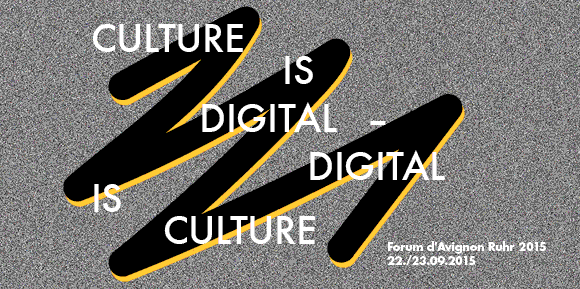
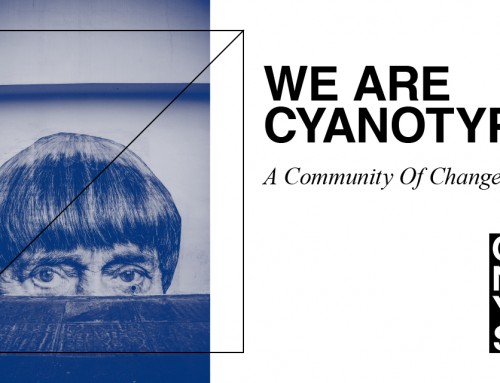
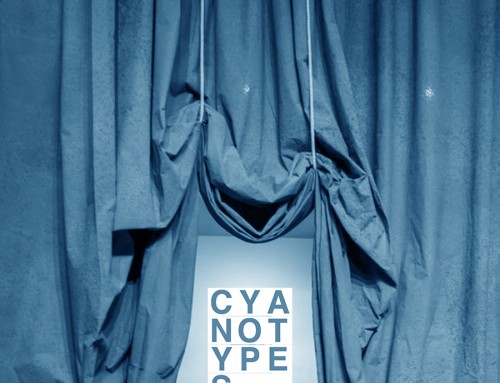
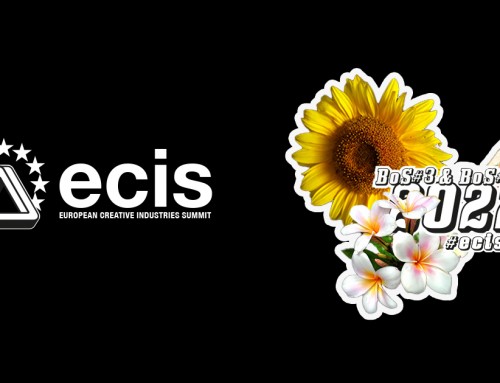
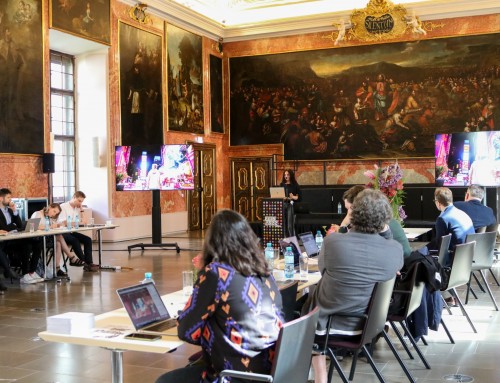
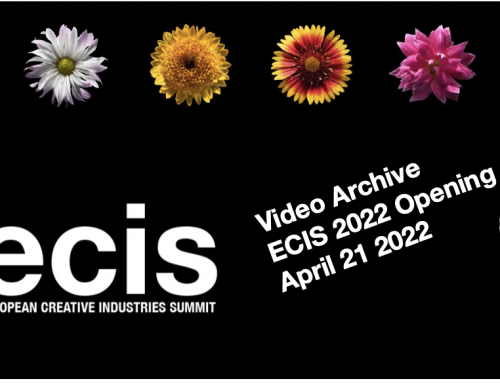
Leave A Comment